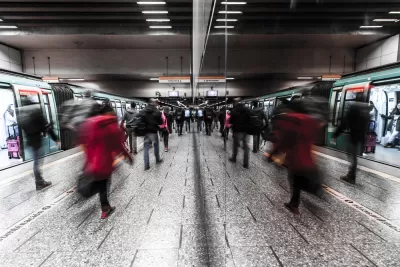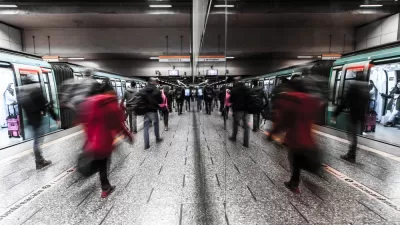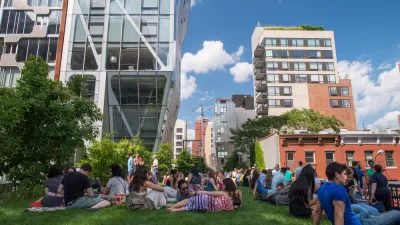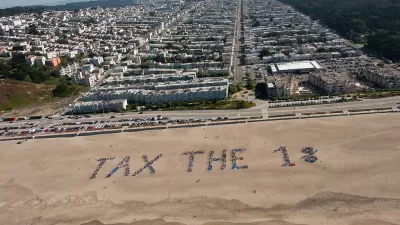For many residents, Santiago's subway system and its fare hikes became a nexus for anger over deeper inequities across Chilean society.

A fare hike of 3.75 percent might not sound like much, but it was enough to spark the massive protests that have engulfed Chile for nearly two weeks. According to reporting by Juan Pablo Garnham and Nicolás Alonso, Santiago's Metro system illuminated, for many, a landscape of rampant inequality that the government had failed to address.
Although 19 Metro stations have suffered arson attacks, many poorer residents appreciate the subway's connective capacity. "Its clean trains and stations full of art have been a metaphor for Chile as the 'good student' of Latin America," Garnham and Alonso write. At the same time, Santiago's Metro "is already one of the most expensive in Latin America, and had seen an increase in fares of almost 100 percent in 12 years."
FULL STORY: Why Chile’s Massive Protests Started With a Subway Fare Hike

Maui's Vacation Rental Debate Turns Ugly
Verbal attacks, misinformation campaigns and fistfights plague a high-stakes debate to convert thousands of vacation rentals into long-term housing.

Planetizen Federal Action Tracker
A weekly monitor of how Trump’s orders and actions are impacting planners and planning in America.

San Francisco Suspends Traffic Calming Amidst Record Deaths
Citing “a challenging fiscal landscape,” the city will cease the program on the heels of 42 traffic deaths, including 24 pedestrians.

Defunct Pittsburgh Power Plant to Become Residential Tower
A decommissioned steam heat plant will be redeveloped into almost 100 affordable housing units.

Trump Prompts Restructuring of Transportation Research Board in “Unprecedented Overreach”
The TRB has eliminated more than half of its committees including those focused on climate, equity, and cities.

Amtrak Rolls Out New Orleans to Alabama “Mardi Gras” Train
The new service will operate morning and evening departures between Mobile and New Orleans.
Urban Design for Planners 1: Software Tools
This six-course series explores essential urban design concepts using open source software and equips planners with the tools they need to participate fully in the urban design process.
Planning for Universal Design
Learn the tools for implementing Universal Design in planning regulations.
Heyer Gruel & Associates PA
JM Goldson LLC
Custer County Colorado
City of Camden Redevelopment Agency
City of Astoria
Transportation Research & Education Center (TREC) at Portland State University
Jefferson Parish Government
Camden Redevelopment Agency
City of Claremont





























